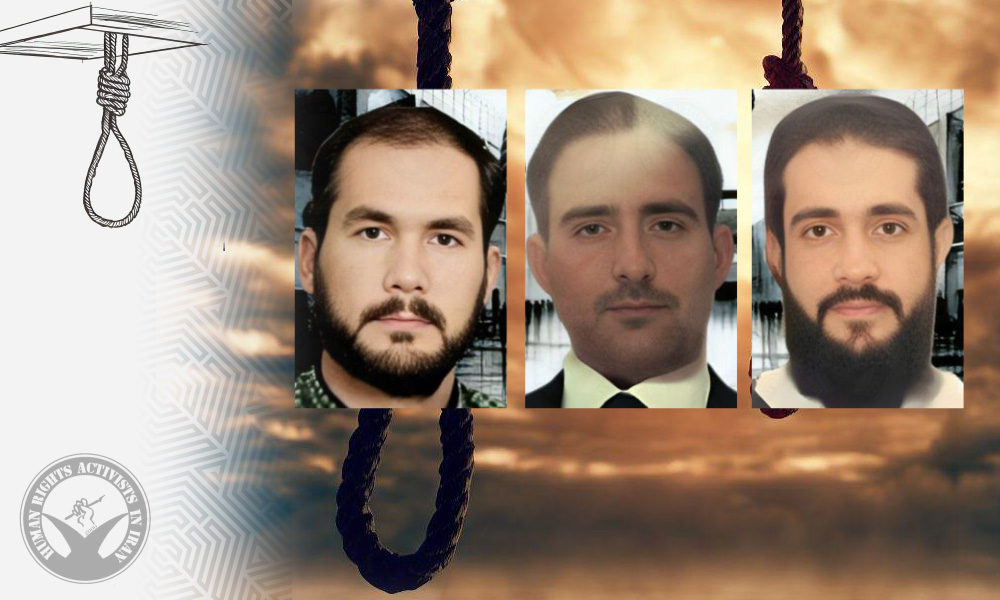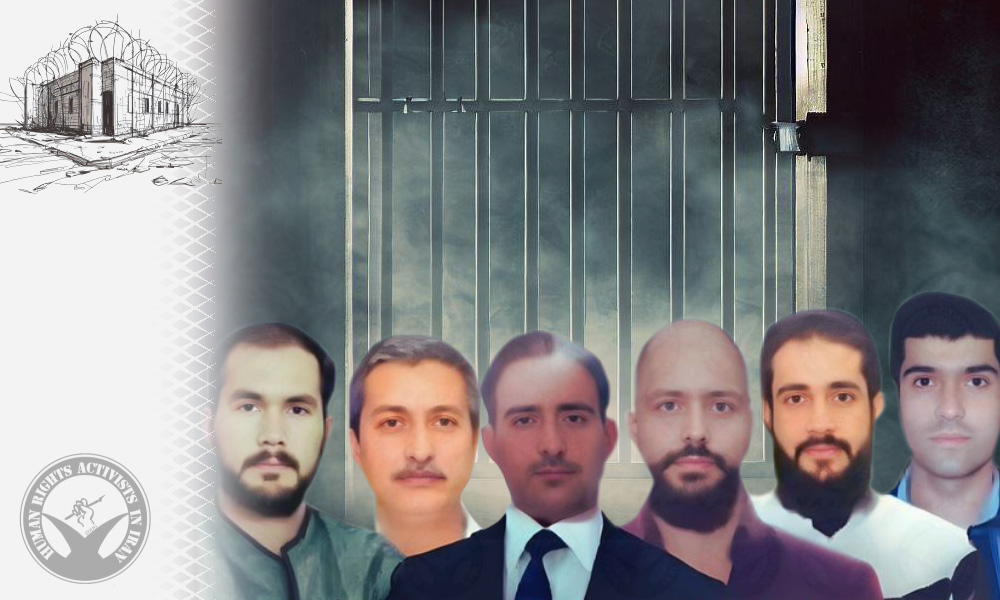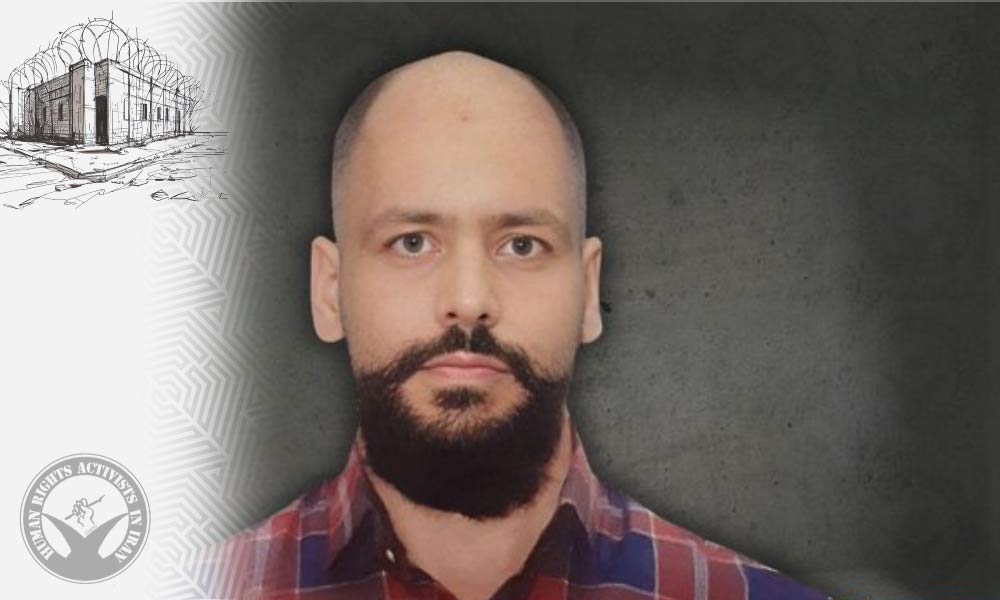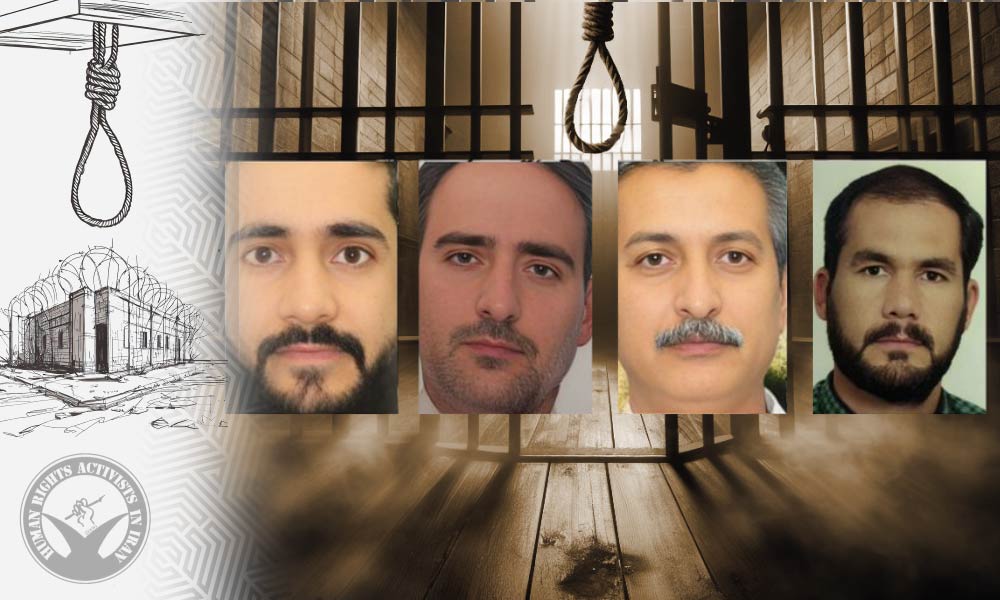HRANA News Agency – At dawn on Tuesday, April 8, five political-security prisoners—Farhad Shakeri, Abdolhakim Azim Gorgij, Abdolrahman Gorgij, Taj Mohammad Khormali, and Malek-Ali Fadaie-Nasab—were executed in Vakilabad Prison in Mashhad.
Family members of two of the executed prisoners confirmed the news in conversations with HRANA, stating: “At dawn today, Tuesday, April 8, the death sentences of five individuals—including Farhad Shakeri, Abdolhakim Azim Gorgij, Abdolrahman Gorgij, Taj Mohammad Khormali, and Malek-Ali Fadaei-Nasab—were carried out in Mashhad Prison.”
Four of the executed individuals were Sunni Muslims, while Malek-Ali Fadaie-Nasab was the only Shia among them. All five had been sentenced to death in a joint case on charges of baghi (armed rebellion).
According to the families—who are still waiting outside Mashhad Prison to receive the bodies of their loved ones—the executions were carried out without prior notice and without allowing a final visit with family members. One family member told HRANA: “The families were only informed of the executions through phone calls.”
The case involved 12 defendants—11 of whom were Sunni and one (Malek-Ali Fadaie-Nasab) Shia. These individuals were arrested in 2015 by the Ministry of Intelligence and transferred to Vakilabad Prison about a year later.
In 2019, Branch 1 of the Revolutionary Court of Mashhad, presided over by Judge Mahmoud Davoodabadi, sentenced nine of the defendants—including Malek-Ali Fadaei-Nasab, Hamid Rastbala, Farhad Shakeri, Kabir Sa’adat Jahani, Mohammad-Ali Arayesh, Isa Eid-Mohammadi, Abdolhakim Azim Gorgij, Abdolrahman Gorgij, and Taj Mohammad Khormali—to death on charges of baghi through alleged membership in the Salafi groups “Hizb al-Furqan” and “National Solidarity Front of Iranian Sunnis.” (Jebhe Hambastegi Melli Ahlesunnat Iran)
Three other defendants—Mohammadreza Sheikh-Ahmadi, Abdolbaset Avarsan, and Morteza Fakoori—were each sentenced to 15 years in prison for baghi through alleged affiliation with the Salafi-Takfiri group ISIS.
In December 31, 2020, the death sentences of Hamid Rast-Bala, Kabir Sa’adat Jahani, and Mohammad-Ali Arayesh were carried out.
Following a partial reversal of the verdicts by the Supreme Court, the case was sent back for review. In August 2023, Branch 4 of the Revolutionary Court of Mashhad, presided over by Judge Ahmadian Salami, re-sentenced six of the defendants—including Farhad Shakeri, Abdolhakim Azim Gorgij, Abdolrahman Gorgij, Taj Mohammad Khormali, Malek-Ali Fadaie-Nasab, and Isa Eid-Mohammadi—to death. The sentences were upheld by the Supreme Court in August 2024.
A source close to the families of the executed prisoners had previously informed HRANA that “this case is riddled with fundamental flaws, and there is insufficient evidence to justify convicting these individuals of the charges brought against them. The use of pepper spray against one of the prisoners is just one example of the torture they were subjected to—torture that has left lasting marks on their bodies even after years.”






